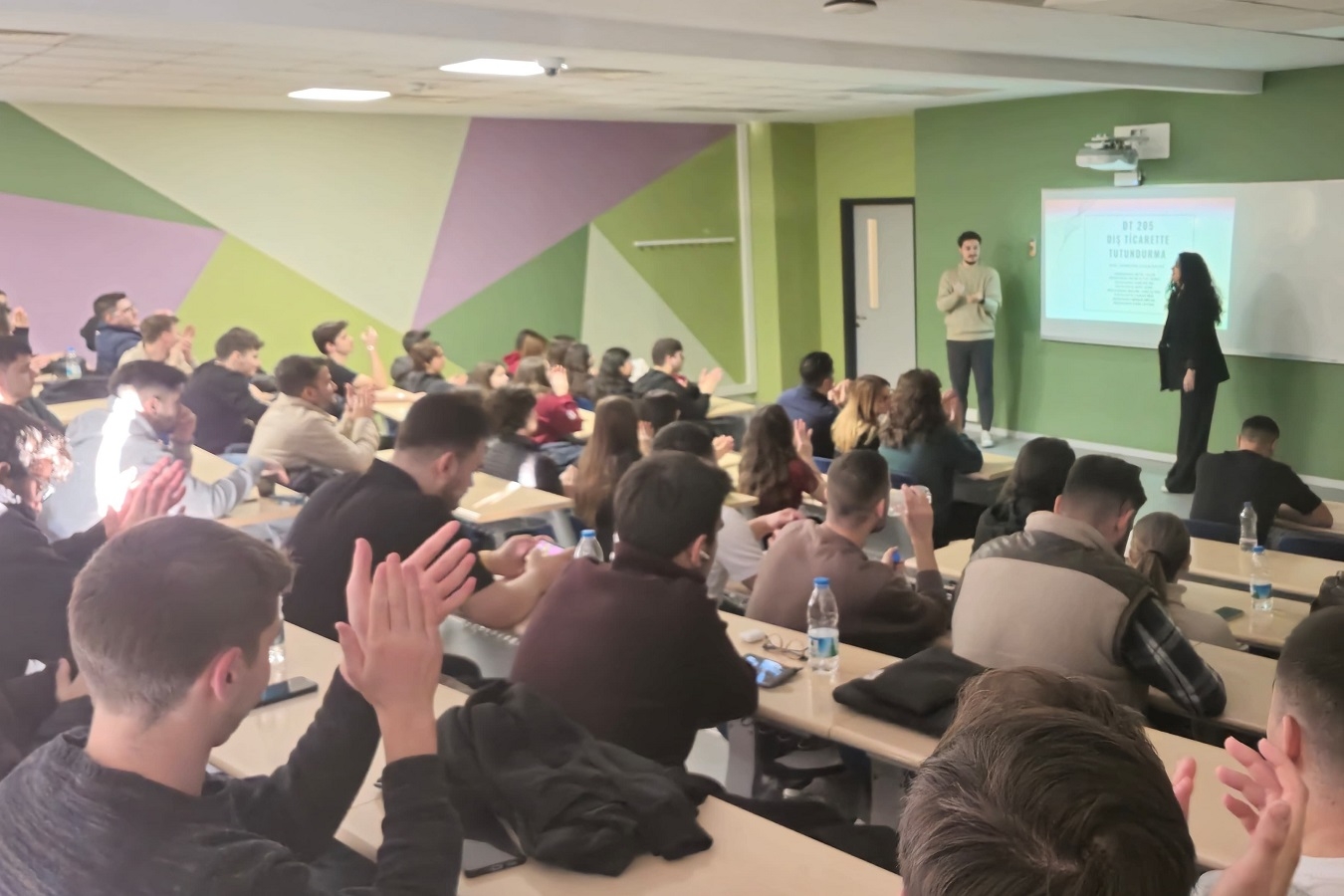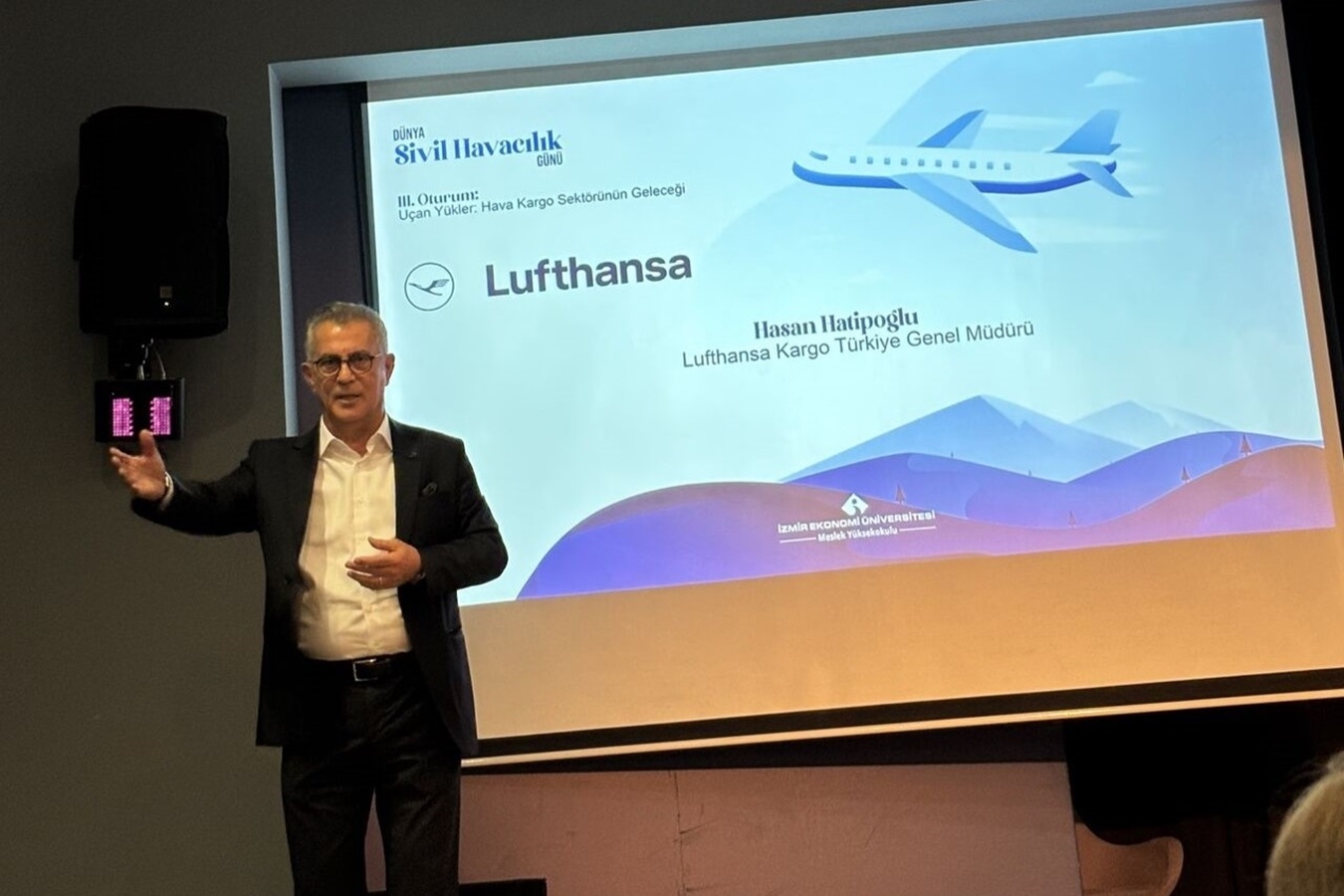DT 207 | Course Introduction and Application Information
| Course Name |
E-Trade Practices
|
|
Code
|
Semester
|
Theory
(hour/week) |
Application/Lab
(hour/week) |
Local Credits
|
ECTS
|
|
DT 207
|
Fall/Spring
|
1
|
2
|
2
|
3
|
| Prerequisites |
None
|
|||||
| Course Language |
Turkish
|
|||||
| Course Type |
Service Course
|
|||||
| Course Level |
Short Cycle
|
|||||
| Mode of Delivery | face to face | |||||
| Teaching Methods and Techniques of the Course | Problem SolvingCase StudyLecture / PresentationField work/Application | |||||
| National Occupation Classification | - | |||||
| Course Coordinator | - | |||||
| Course Lecturer(s) | ||||||
| Assistant(s) | - | |||||
| Course Objectives | The aim of this course is to teach students the fundamental principles and strategies of e-commerce, introduce the digital commerce ecosystem, and equip them with competencies in areas such as online business models, digital marketing, customer relationship management, payment systems, and logistics. To achieve this objective, the course combines theoretical knowledge with practical projects, aiming to provide students with the knowledge and skills necessary to stay updated with innovations in e-commerce and succeed in a competitive business environment. |
| Learning Outcomes |
The students who succeeded in this course;
|
| Course Description | The constantly evolving digital world offers significant opportunities in terms of trade volume. This course aims to help students understand this potential in the field of e-commerce and acquire practical knowledge. Throughout the course, students will learn about the role and importance of e-commerce in the business world, while also developing the skills to manage digital commerce processes and create strategies. |
| Related Sustainable Development Goals |
|
|
|
Core Courses |
X
|
| Major Area Courses | ||
| Supportive Courses | ||
| Media and Management Skills Courses | ||
| Transferable Skill Courses |
WEEKLY SUBJECTS AND RELATED PREPARATION STUDIES
| Week | Subjects | Related Preparation |
| 1 | Introduction to the course, syllabus overview, definition and scope of e-commerce, introduction to e-commerce, key statistics | |
| 2 | Key concepts and business models in e-commerce, preparing for e-commerce, setup, and technical infrastructure | Erkayhan, M. (2021). E-başla: E-ticaret ve e-ihracat başlangıç rehberi. ISBN: 9786057018328. |
| 3 | Security and payment systems in e-commerce, operations management, and logistics in e-commerce | Erkayhan, M. (2021). E-başla: E-ticaret ve e-ihracat başlangıç rehberi. ISBN: 9786057018328. |
| 4 | Digital marketing channels in e-commerce, the impact of social media on e-commerce | Erkayhan, M. (2021). E-başla: E-ticaret ve e-ihracat başlangıç rehberi. ISBN: 9786057018328. |
| 5 | Pre-sales and post-sales services in e-commerce | Erkayhan, M. (2021). E-başla: E-ticaret ve e-ihracat başlangıç rehberi. ISBN: 9786057018328. |
| 6 | Sales techniques and methods in e-commerce | Erkayhan, M. (2021). E-başla: E-ticaret ve e-ihracat başlangıç rehberi. ISBN: 9786057018328. |
| 7 | Marketplace setup in e-commerce | Erkayhan, M. (2021). E-başla: E-ticaret ve e-ihracat başlangıç rehberi. ISBN: 9786057018328. |
| 8 | Midterm exam week | |
| 9 | Logistics operations management in e-commerce | Erkayhan, M. (2021). E-başla: E-ticaret ve e-ihracat başlangıç rehberi. ISBN: 9786057018328. |
| 10 | Marketplace management in e-commerce | Erkayhan, M. (2021). E-başla: E-ticaret ve e-ihracat başlangıç rehberi. ISBN: 9786057018328. |
| 11 | Key concepts and case studies in e-export | Erkayhan, M. (2021). E-başla: E-ticaret ve e-ihracat başlangıç rehberi. ISBN: 9786057018328. |
| 12 | Logistics operations and warehousing in e-export | Erkayhan, M. (2021). E-başla: E-ticaret ve e-ihracat başlangıç rehberi. ISBN: 9786057018328. |
| 13 | Sales techniques and methods in e-export | Erkayhan, M. (2021). E-başla: E-ticaret ve e-ihracat başlangıç rehberi. ISBN: 9786057018328. |
| 14 | Project presentations | |
| 15 | Project presentations | - |
| 16 | Final exam week |
| Course Notes/Textbooks |
|
| Suggested Readings/Materials |
EVALUATION SYSTEM
| Semester Activities | Number | Weigthing |
| Participation |
1
|
10
|
| Laboratory / Application | ||
| Field Work | ||
| Quizzes / Studio Critiques | ||
| Portfolio | ||
| Homework / Assignments |
1
|
10
|
| Presentation / Jury | ||
| Project |
1
|
30
|
| Seminar / Workshop | ||
| Oral Exams | ||
| Midterm |
1
|
20
|
| Final Exam |
1
|
30
|
| Total |
| Weighting of Semester Activities on the Final Grade |
4
|
70
|
| Weighting of End-of-Semester Activities on the Final Grade |
1
|
30
|
| Total |
ECTS / WORKLOAD TABLE
| Semester Activities | Number | Duration (Hours) | Workload |
|---|---|---|---|
| Theoretical Course Hours (Including exam week: 16 x total hours) |
16
|
1
|
16
|
| Laboratory / Application Hours (Including exam week: '.16.' x total hours) |
16
|
2
|
32
|
| Study Hours Out of Class |
14
|
1
|
14
|
| Field Work |
0
|
||
| Quizzes / Studio Critiques |
0
|
||
| Portfolio |
0
|
||
| Homework / Assignments |
1
|
3
|
3
|
| Presentation / Jury |
0
|
||
| Project |
1
|
9
|
9
|
| Seminar / Workshop |
0
|
||
| Oral Exam |
0
|
||
| Midterms |
1
|
6
|
6
|
| Final Exam |
1
|
9
|
9
|
| Total |
89
|
COURSE LEARNING OUTCOMES AND PROGRAM QUALIFICATIONS RELATIONSHIP
|
#
|
Program Competencies/Outcomes |
* Contribution Level
|
|||||
|
1
|
2
|
3
|
4
|
5
|
|||
| 1 |
To be able to track current developments in the field of international trade and analyze its impacts. |
-
|
-
|
-
|
-
|
-
|
|
| 2 |
To be able to possess knowledge of state aids, incentives, and grant programs related to foreign trade. |
-
|
X
|
-
|
-
|
-
|
|
| 3 |
To be able to utilize online and software-based programs to obtain and report statistical data related to international trade. |
X
|
-
|
-
|
-
|
-
|
|
| 4 |
To be able to have knowledge about national and international legal rules and regulations used in foreign trade. |
-
|
-
|
-
|
-
|
-
|
|
| 5 |
To be able to apply branding, digital marketing, and promotional activities in the fields of international trade. |
-
|
-
|
-
|
-
|
-
|
|
| 6 |
To be able to analyze risks arising from economic, political, legal, and social environmental conditions in foreign trade. |
-
|
X
|
-
|
-
|
-
|
|
| 7 |
To be able to plan and implement decision-making processes in logistics and supply chain management. |
-
|
-
|
-
|
-
|
-
|
|
| 8 |
To be able to have knowledge about the current status and updates of national and international customs procedures and taxation processes. |
-
|
X
|
-
|
-
|
-
|
|
| 9 |
To be able to possess written, verbal, and non-verbal communication skills and determine strategies suitable for cultural differences. |
-
|
-
|
-
|
-
|
-
|
|
| 10 |
To be able to effectively use at least one foreign language to gather information and communicate in the field of foreign trade ("Common European Framework of Reference for Languages," A2 level). |
-
|
-
|
-
|
-
|
-
|
|
| 11 |
To be able to acquire basic knowledge in economics, finance, and accounting, be familiar with banking and exchange regulations, and follow developments in these areas from a foreign trade perspective. |
-
|
-
|
-
|
-
|
-
|
|
| 12 |
To be able to assess knowledge in societal contribution topics such as environmental sustainability and economic development, and make decisions based on the principles of professional ethics, accountability, and responsibility. |
-
|
-
|
-
|
-
|
-
|
|
| 13 |
To be able to possess interdisciplinary working skills and apply these skills in professional life. |
-
|
-
|
-
|
-
|
-
|
|
*1 Lowest, 2 Low, 3 Average, 4 High, 5 Highest
NEWSALL NEWS

NEW GÜZELBAHÇE CAMPUS
DetailsGLOBAL CAREER
As Izmir University of Economics transforms into a world-class university, it also raises successful young people with global competence.
More..CONTRIBUTION TO SCIENCE
Izmir University of Economics produces qualified knowledge and competent technologies.
More..VALUING PEOPLE
Izmir University of Economics sees producing social benefit as its reason for existence.
More..










